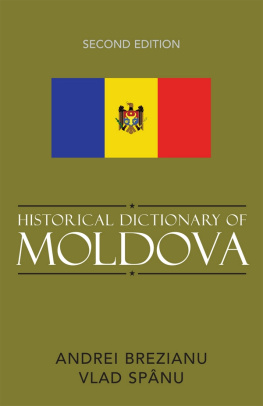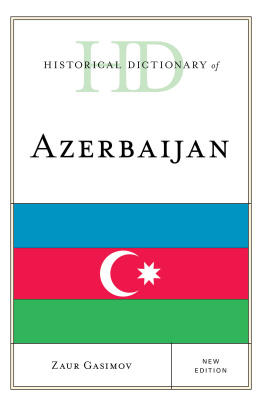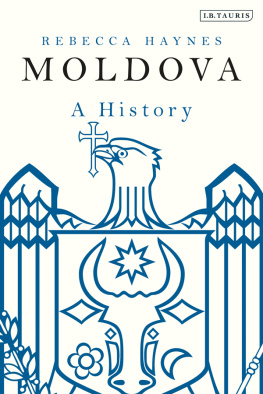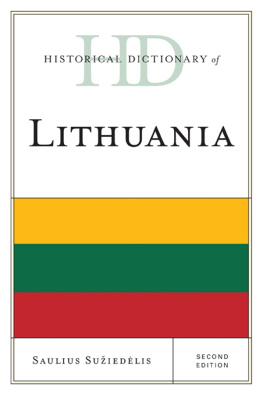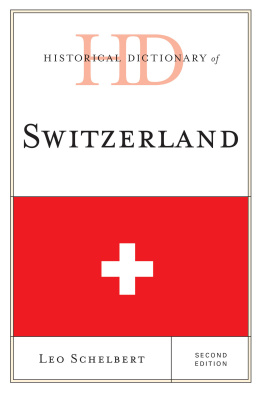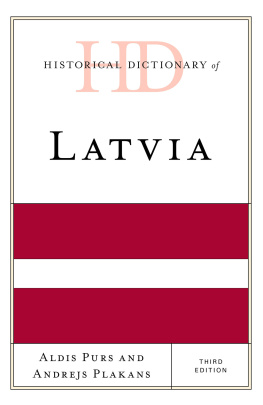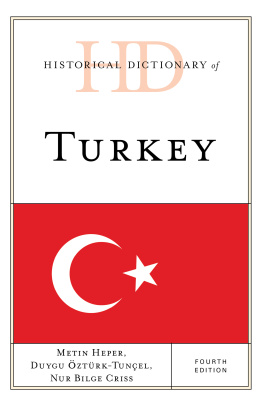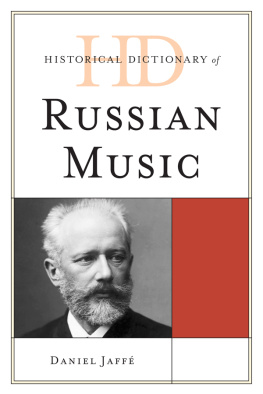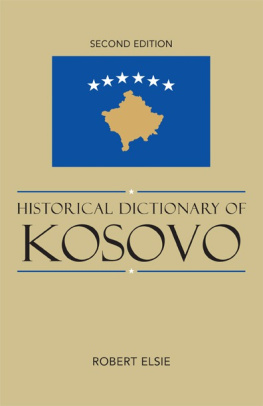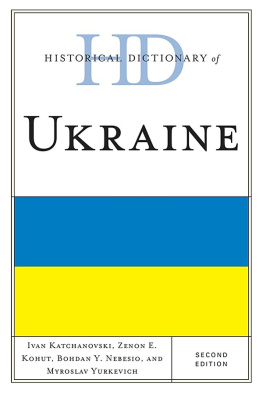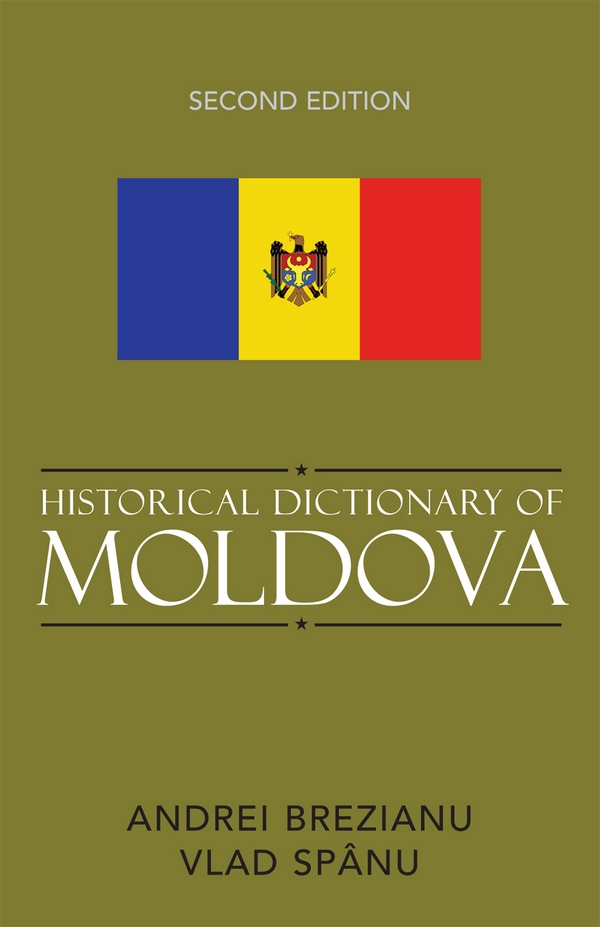This second edition of the Historical Dictionary of Moldova was made possible with the help of Mr. Vlad Spnu, president of the Washington, D.C. area-based Moldova Foundation, who gave his time, research materials, and expertise in providing up-to-date data that are significantly reflected in this volume. They include, first and foremost, entries dealing with political events and social-economic developments that occurred in the Republic of Moldova after 2000, the year of the first edition, as well as relevant additions to entries dealing with Moldovan cultural, artistic, and political personalities that did not appear in the first edition. An important segment of new entries on which we worked together deals with a number of personalities born in Moldova who achieved international reputation abroad, many of them from Moldovas minorities.
The actual collection of current information in this new edition of the dictionary was assisted, one more time, by the precious professional advice of Grant Harris of the Library of Congress, to whom is owed a special debt of gratitude.
About the Authors
Andrei Brezianu is an independent scholar and researcher and the author of several books of essays and studies in cross-cultural communication. A resident of Washington, D.C., he worked as a publicist and international broadcaster with the Voice of America (1986-2001) and was course chair of the Romania/Moldova area studies of the George P. Shultz Foreign Service Institute of the National Foreign Affairs Training Center (2002-2003). Brezianu holds a PhD in intellectual history and comparative literature from the University of Bucharest. As a Fellow of Churchill College, he was granted MA status by the University of Cambridge, United Kingdom (1985). He has written extensively on subjects ranging from European history and the history of ideas, to comparative literature, art, politics, and the media. In addition to cross-cultural communication and the media in the age of globalization, Brezianus main research interests include the history of Moldova as part of European culture and the contributions of the Moldovan authors Demetrius Cantemir and Costache Conachi to its heritage in past centuries.
Earlier in his career, Dr. Brezianu taught English at the University of Bucharest (1970-1979), comparative literature at the Catholic University of America (1990-1991), journalism at the University of Cluj-Napoca, Romania (1998), and courses on the media, the public sphere, and democratic values at the Free International University of Moldova Summer School (1998, 1999, 2000). Brezianus published works include seven books, dozens of studies in the history of culture, and over 1,500 pages of published translations.
Vlad Spnu is a resident of Virginia and the president of the Moldova Foundation, a Washington, D.C. area-based nonpolitical and nonprofit organization advocating stronger ties between the United States and Moldova, democratic transformations in the Republic of Moldova, and a resolution of the trans-Nistrian conflict. He is one of the coauthors of the successfully promoted 3-D strategy (democratization, decriminalization, demilitarization) for the settlement of the trans-Nistrian conflict.
Spnu served as a senior Moldovan diplomat both in Chiinu and abroad between 1992 and 2001, holding policy positions at the Ministry of Foreign Affairs of the Republic of Moldova, including those of director of the Economic Policy Division; national coordinator within the Southeastern European Cooperation Initiative, the Central European Initiative, and the Black Sea Economic Cooperation Organization; and minister counselor and deputy chief of mission in Washington, D.C. He was part of the new team of young diplomats who worked toward establishing bilateral and multilateral relations of the newly independent country and negotiated Moldovas first trade and investment agreements.
Spanu holds a bachelors degree in economics from the State University of Moldova (1983), and an MA in administration from Romanias National School of Political and Administrative Studies (1992). He pursued diplomatic studies at the Clingendael Institute of International Relations in The Hague (1993). In 2003, he earned his MPA from Harvards Kennedy School of Government as an Edward S. Mason Fellow in the Public Policy and Management Program. Spnu authored International Business Communication: A Case Study on Moldova: 1991-2001. He also wrote the 2002 and the 2003 reports on Moldova for Nations in Transit: Civil Society, Democracy, and Markets in East, Central Europe and the Newly Independent States and wrote the chapter Why Is Moldova Poor and Economically Volatile? for the book The EU and Moldova: On a Fault-Line of Europe.

